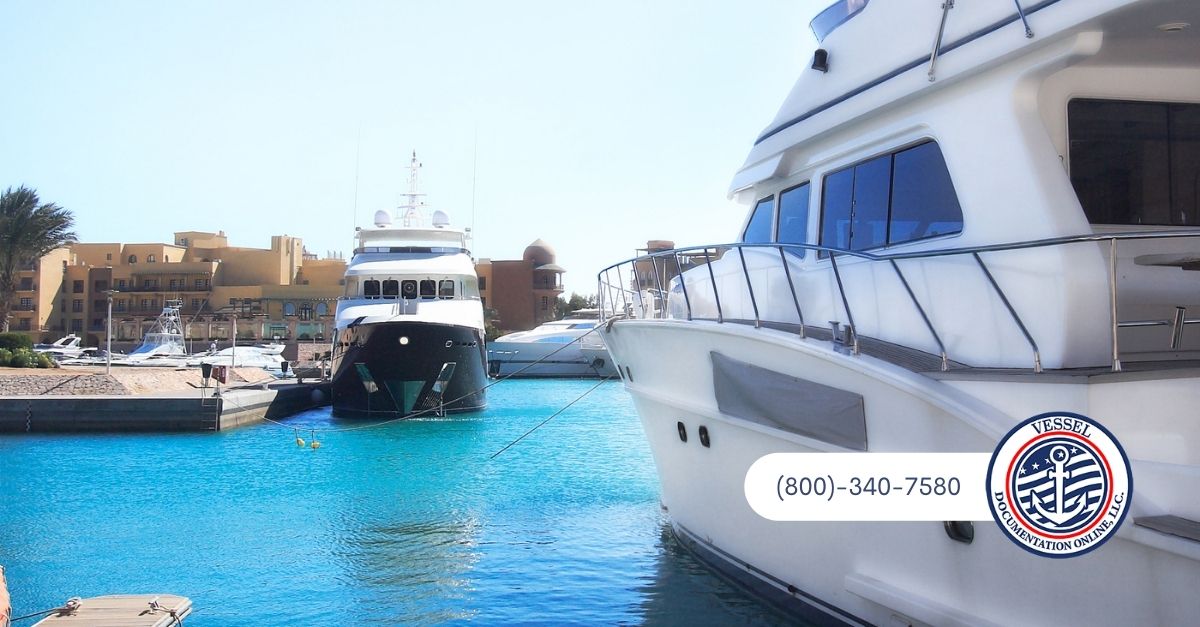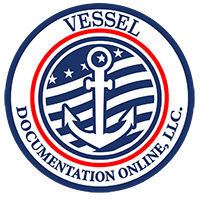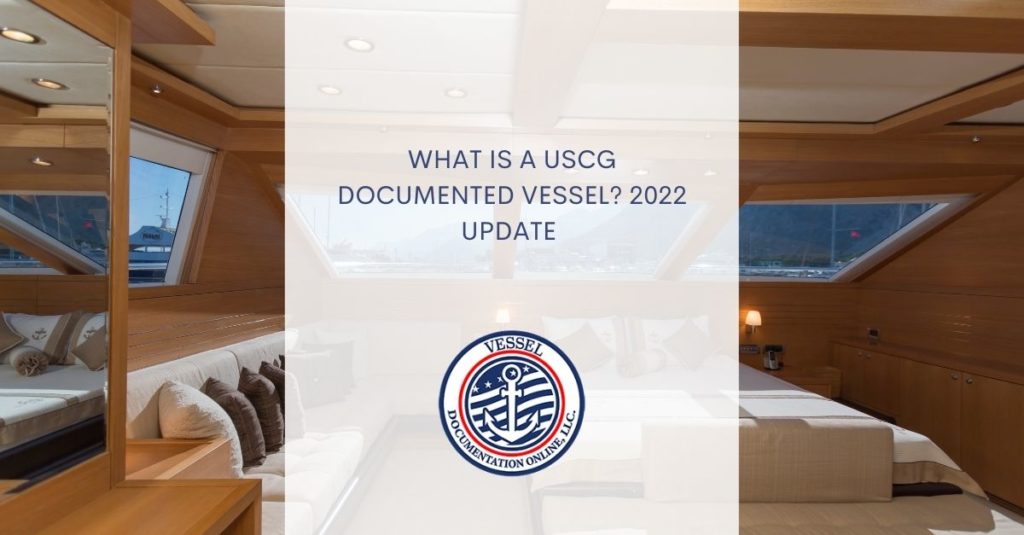If you’re a vessel owner, knowing what a USCG documented vessel is essential. A USCG documented vessel has been registered with the United States Coast Guard (USCG).
This means the vessel meets specific requirements laid out by the USCG, and owners of such ships are granted certain benefits, including exemptions from many taxes and customs duties.
If you’re thinking of registering your vessel with the USCG, be sure to learn about the benefits first!

USCG Requirements for Documented Vessels
The first step is determining which boat is best for you when purchasing a boat. Before deciding on the sort of boat to buy, it is good to research government laws to obtain a registered watercraft.
Vessels that have been legally registered or licensed by the United States Coast Guard are known as documented vessels (USCG). The United States Coast Guard today announced the eligibility criteria for verified boats.
According to uscgboating.org, recreational vessels must be entirely owned by a U.S. citizen and weigh a minimum of five net tons to be eligible for USCG vessel documentation.
Vessels with more than 27 feet are more likely to fulfill the five-net-ton minimum standard.
In order to be sold to another U.S. citizen, a documented vessel must fulfill the eligibility standards for USCG vessel documentation and must be in good condition.
When a vessel is backed by certifications issued by the National Vessel Documentation Center, the United States Coast Guard (USCG) refers to it as USCG vessel documentation.
What Vessels Should Be Documented?
As an owner of a vessel, it is crucial to know what boats should be recorded. Vessels that should be registered include boats, yachts, and other watercraft.
Documentation may offer various advantages for vessel owners, including faster registration and taxes procedures. Additionally, having a documented vessel might make it simpler to sell or transfer ownership in the future.
Pleasure boats of 5 net tons and above (26 feet in length and up) may be recorded, while commercial vessels five net tons and more must be reported.
The Advantages of Adhering To USCG Documentation Requirements
The first is reducing your taxable income if you get your boat federally documented. Ensure to verify with your state’s rules to determine whether you qualify for a favorable tax status for boats that are properly registered.
Bank loans are an additional crucial factor to consider. Banks may record “First Preferred Ship’s Mortgage” and give National Vessel Documentation Center confirmation of a Satisfaction of Mortgage when you’re financing a documented vessel.
In order to get a loan and present relevant paperwork, this might be helpful.
Thanks to USCG paperwork, the ease with which international maritime travel may be accomplished is another practical advantage.
Having the federal documents might help you get approval from other governments to take your vessel to places other than U.S. states and territories. In order to prove that your yacht is by U.S. law, it’s a good idea to have all of your federal papers with you.
This practice is common in many jurisdictions and, in some instances, allows vessels from other states to “visit” their waters without the need for an additional registration term.
For both domestic and foreign travel, it’s necessary to check the local rules and laws to make sure you’re in good standing.
USCG-Required Safety Equipment for Boats
By law, the United States Coast Guard requires all boat owners to have a specified quantity of safety equipment onboard their boats at all times.
In the case of an emergency, this equipment is crucial for safeguarding the safety of passengers and crew members on the aircraft.
If you’re not sure what safety equipment your boat requires, or if you need to replenish your current stock, continue reading for a comprehensive list of essential USCG safety equipment.
All vessels, regardless of their size or kind, are subject to the United States Coast Guard (USCG).
It is vital to remember that the United States Coast Guard is responsible for the overall safety of all maritime activity, regardless of how one may feel particular standards are excessive or unneeded.
Registration and Placard Requirements from the USCG
The United States Coast Guard (USCG) is a military agency of the United States (part of the Department of Homeland Security) that defends our country’s interests in seas all over the globe.
A USCG documented vessel is required to adhere to specific government rules and laws for the goals of safety and the environment and prevent fraud.
Many boaters have never heard of this word until now, much alone used it. However, whether you are sailing throughout America or just mooring at a friend’s home for the night, you must be aware of this picard’s existence.
A registration placard is a board with a unique number fastened to it and posted in the area defined by the United States Department of Transportation.




